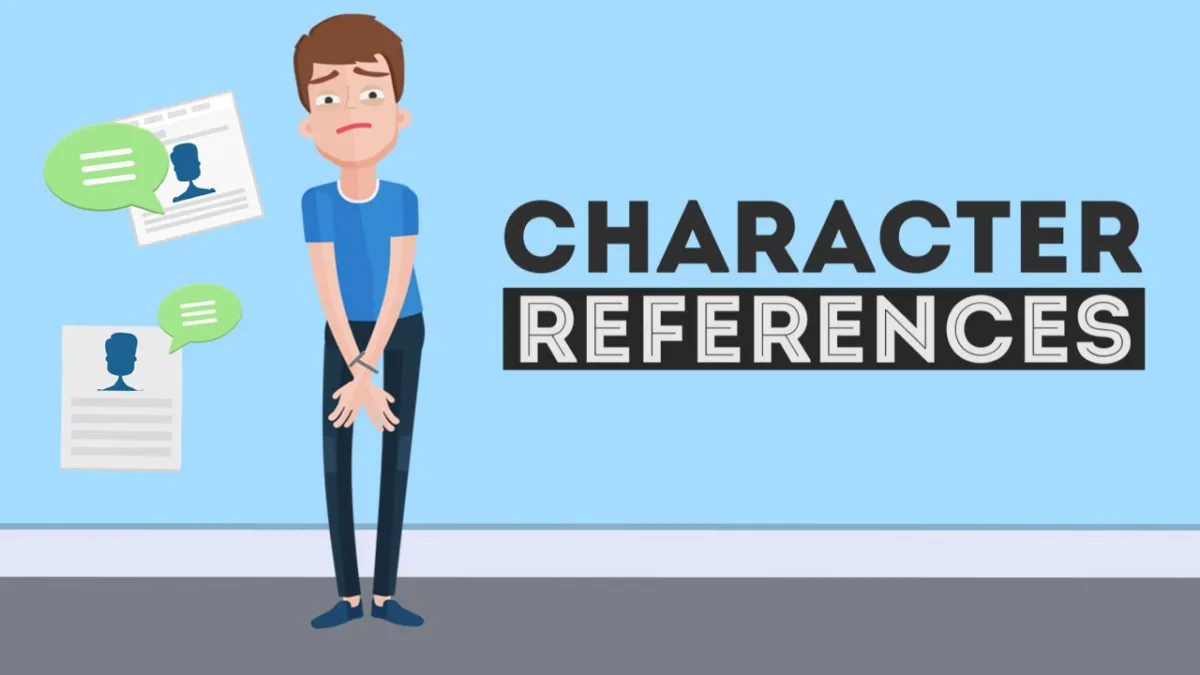
Character references are something you might want to include in your plea of mitigation if you have been found guilty of a crime. A personal reference provides the court with details about your personality, accomplishments, and services to society. These details may help the court determine whether to treat you more leniently. References can help emphasize your positive traits and capacity to be a law-abiding citizen, especially if you have a solid employment history or academic record.
Who can I get a personal reference from?
Those that you have worked or studied with in the past are the ideal candidates to provide personal recommendations. This may include a current or former employer, colleagues, teachers, lecturers or fellow students. Personal references from friends or family are also acceptable, but they are less useful and should only be provided if the individual has specific knowledge of your situation. For instance, the court will not be very assisted by a reference from your sister attesting to your goodness. But if your sister can attest to having seen firsthand your battle with drug addiction and your efforts to overcome it, it will be quite helpful.
What details must be included in the personal reference?
Every reference you present to the court ought to be addressed to it;
- Be dated and signed;
- Give a brief description of the relationship the writer has with you, such as if they are your neighbor, boss, or colleague;
- Mention how long they have known you and their impressions about you, such as whether they believe you to be an honest, hardworking, or dependable employee;
- Say that the writer is aware of the specifics of the crimes for which you are being sentenced. This should be as specific as possible. The charge should ideally be mentioned in the writing, for example, “I give this reference knowing that he is to be sentenced for two counts of obtaining property by deception.”
Every reference should ideally further
- Provide specifics about your admirable qualities;
- Provide specific examples of your actions that demonstrate these qualities;
- Provide the writer with any specifics regarding your situation that they are aware of. Provide references from people who are aware of your drug problem and can vouch for the actions you have done to resolve it, for instance, if you or your attorney has informed the court that the offense was caused by a drug problem;
- Declare that the author is aware of any prior criminal past you may have;
- Provide specifics about any additional knowledge the writer may have that will be relevant during the sentencing process. To demonstrate to the court that the writer is knowledgeable about both your situation and the details of the offense, for instance, if a psychological report has been prepared for the court and they have read it, they should state something like, “I have read the psychological report prepared by —– and dated —-.”
You will not get much credit if you try to rely on a reference that was written by someone who is not related to the offence and is not directed to the court. This is due to the fact that the court cannot be certain that the writer would still be providing the reference had they been aware of the difficulties you are facing. A citation indicating that the author is aware of the charges demonstrates that, in spite of your troubles, they still think well of you. It is wise to ask the writer to explicitly state that they are aware of any prior criminal background you may have had.
It will be challenging for the court to contextualize a reference you submit if it doesn’t specify how long the writer has known you or in what capacity. It is also difficult for the court to give the reference any weight because of this.
A private recommendation ought not to:
- Include anything that contradicts what you or your attorney have informed the court about your circumstances or the circumstances of the offense.
- Tell the court what punishment to give you—or not to give you);
- Tell the court that you are not entirely accountable for your actions.
Does the author have to appear in court?
The writer won’t need to appear in court if the prosecution consents to the reference being presented as evidence. Nonetheless, the prosecution might wish to cross-examine the author if they find fault with any of the reference’s contents. This might be the case because there is disagreement about some of their statements or because something is not clear and needs more clarification.
It is usually a good idea to find out in advance whether any of your character witnesses will be subject to cross-examination from the prosecution.
For assistance or legal representation regarding a criminal offense, please get in touch with Dot Legal Lawyers.



